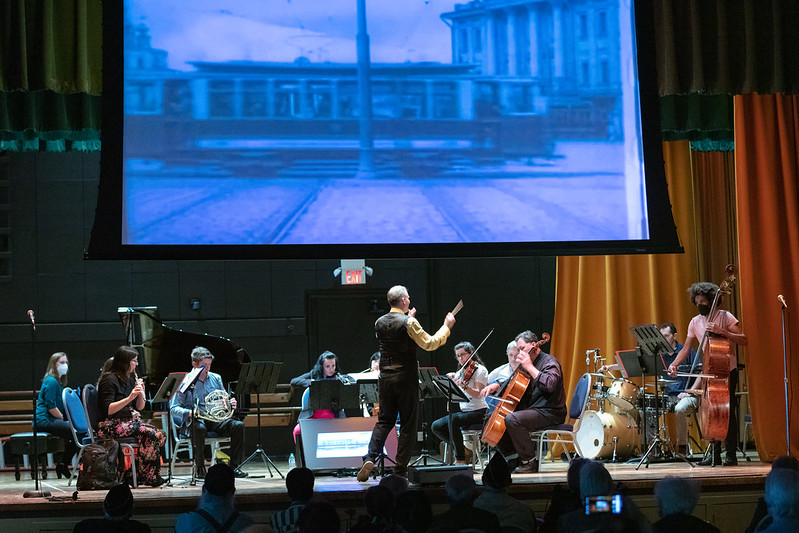Entertainment is more than just a way to pass the time. It’s a powerful cultural force that influences our emotions, shapes our opinions, and connects us with others around the world. Whether it’s the latest blockbuster film, a trending song on Spotify, or a viral video on social media, entertainment has become a central part of our everyday lives.
The Evolution of Entertainment
Entertainment has existed since ancient times—from storytelling and theater in ancient Greece to traditional dance and music in various cultures. But the 20th and 21st centuries have brought unprecedented change. With the invention of cinema, television, radio, and now the internet, entertainment has transformed from something local and community-based into a global industry.
Today, we stream content on demand, follow our favorite celebrities on social media, and consume news and entertainment 24/7. Platforms like Netflix, YouTube, TikTok, and Spotify have revolutionized how we interact with entertainment. No longer are we just passive viewers—we’re part of the conversation.
Why Entertainment Matters
Entertainment serves many purposes. On the surface, it provides an escape from reality—a chance to relax, laugh, cry, or be thrilled. But beneath the surface, it plays a deeper role in society.

1. Emotional Connection:
Entertainment helps us process emotions. A sad movie can help us grieve. A comedy show can lift our mood after a tough day. Music, in particular, has the power to evoke strong emotions and connect us to specific memories and experiences.
2. Cultural Identity:
Films, TV shows, and music often reflect the values, struggles, and triumphs of a culture. They help preserve traditions and introduce global audiences to different perspectives. Entertainment is a mirror that both reflects and shapes cultural identity.
3. Social Influence:
Entertainment influences fashion, language, behavior, and even politics. Celebrities often use their platforms to advocate for change, and pop culture moments can spark important conversations. Think of how powerful movements like #MeToo or Black Lives Matter were amplified by the entertainment world.
4. Economic Impact:
The entertainment industry is a major driver of the global economy. It creates millions of jobs—from artists and actors to producers, marketers, and tech developers. The global film industry alone generates billions of dollars each year.
Movies: A Reflection of Society
Cinema remains one of the most impactful forms of entertainment. From Hollywood blockbusters to independent films, movies have the power to reach vast audiences and spark change. Documentaries raise awareness about environmental issues, social injustices, and historical events. Fictional films can address complex topics like mental health, war, and love in ways that resonate deeply with viewers.
Movies like The Social Network, The Pursuit of Happyness, and Parasite don’t just entertain—they make us think. They encourage empathy, challenge stereotypes, and inspire us to see the world differently.
Music: The Universal Language
Music transcends borders and languages. It brings people together at concerts, through playlists, and across generations. From hip-hop and K-pop to classical and country, every genre tells a story.
During difficult times—like the COVID-19 pandemic—music provided comfort. Artists live-streamed concerts, fans shared playlists, and new anthems emerged that captured the spirit of the moment.
Music is also a powerful tool for social change. Songs like Bob Dylan’s Blowin’ in the Wind or Childish Gambino’s This Is America have served as cultural milestones, reflecting the struggles and aspirations of their times.
The Rise of Streaming and Social Media
The way we consume entertainment has drastically changed. Traditional TV and radio are now supplemented—or even replaced—by streaming platforms and social media.
Streaming services like Netflix, Disney+, and Hulu have given viewers unprecedented control over what they watch and when. Binge-watching entire seasons in one weekend has become the norm.
Meanwhile, platforms like TikTok and Instagram have turned ordinary people into global stars. Influencers, content creators, and YouTubers now compete with traditional celebrities for attention. This democratization of entertainment means anyone with a smartphone and creativity can find an audience.
The Dark Side of Entertainment
Despite its many benefits, entertainment isn’t without its challenges. The pressure to constantly consume content can lead to digital fatigue. Excessive screen time has been linked to mental health issues, especially among young people.
The industry also faces criticism for lack of diversity, unrealistic beauty standards, and the exploitation of artists. Celebrities are often placed under intense scrutiny, and cancel culture has become a controversial aspect of modern media.
Piracy, misinformation, and the spread of harmful content are other concerns that require constant attention and regulation.
Looking Ahead: The Future of Entertainment
The future of entertainment is being shaped by technology. Virtual reality (VR), augmented reality (AR), and artificial intelligence (AI) are opening new doors for immersive experiences. Imagine attending a virtual concert in the metaverse or watching a movie with interactive storylines where you choose the ending.
AI-generated music, deepfake performances, and holograms of long-deceased artists are blurring the lines between reality and fiction. These innovations pose exciting opportunities, but they also raise ethical questions about authenticity, consent, and creativity.
Moreover, sustainability is becoming a growing concern. The entertainment industry must grapple with its environmental impact—from film sets to live events—and find greener ways to produce content.
Conclusion
Entertainment is far more than fun and games. It’s a fundamental part of human expression, connection, and progress. Whether you’re watching a gripping drama, dancing to your favorite tune, or sharing a meme with a friend, you’re engaging with something that reflects the heart of society.
As the industry evolves, so will our relationship with it. But one thing is certain: entertainment will always play a central role in how we understand ourselves and the world around us.
